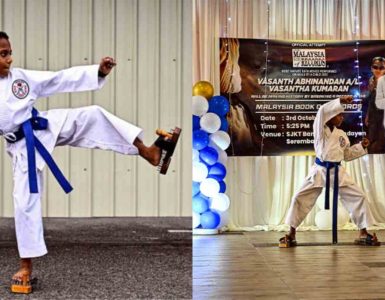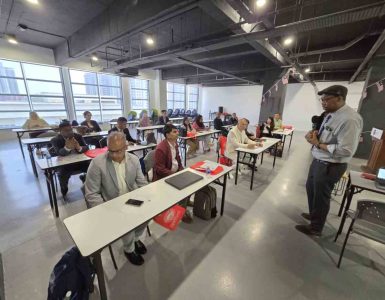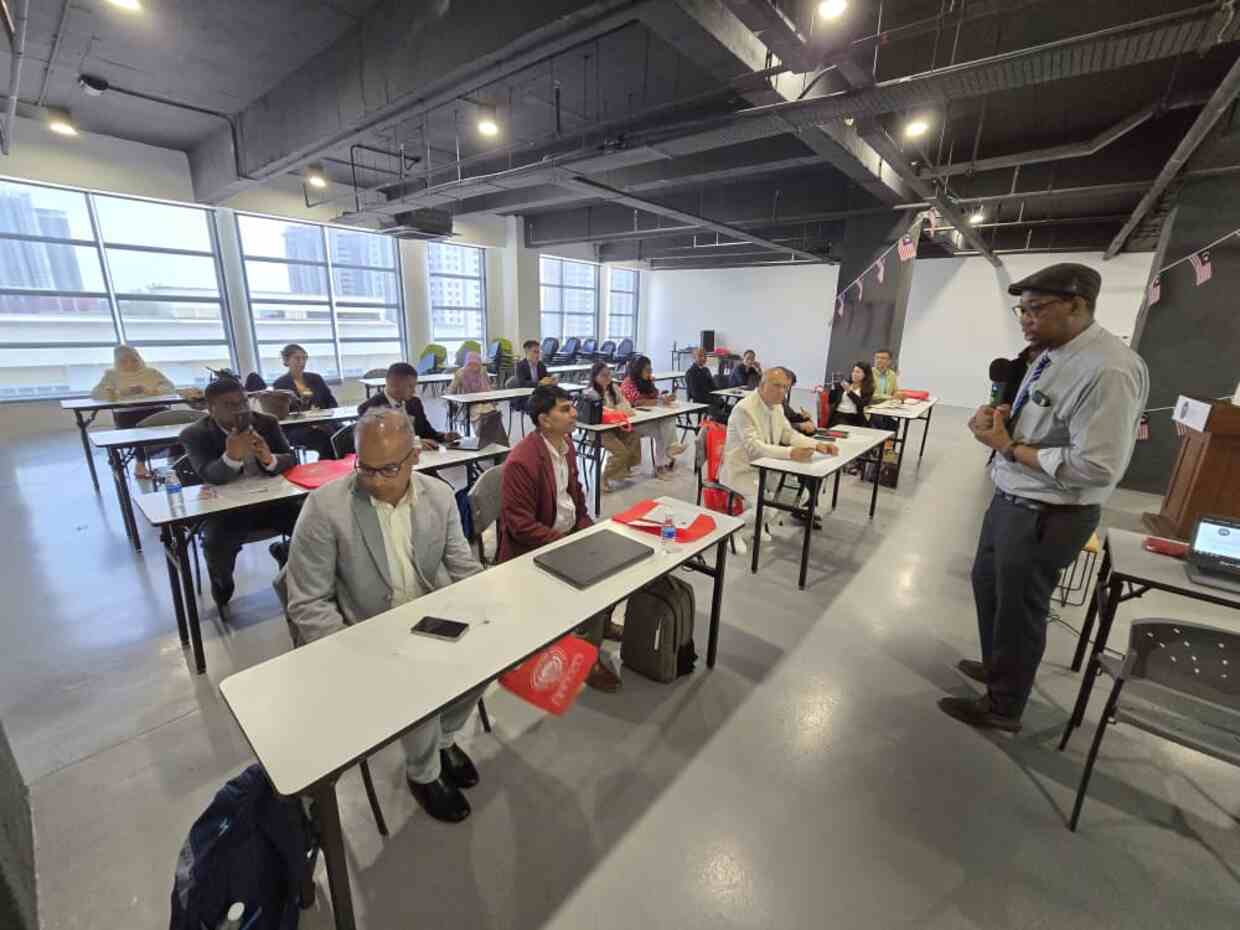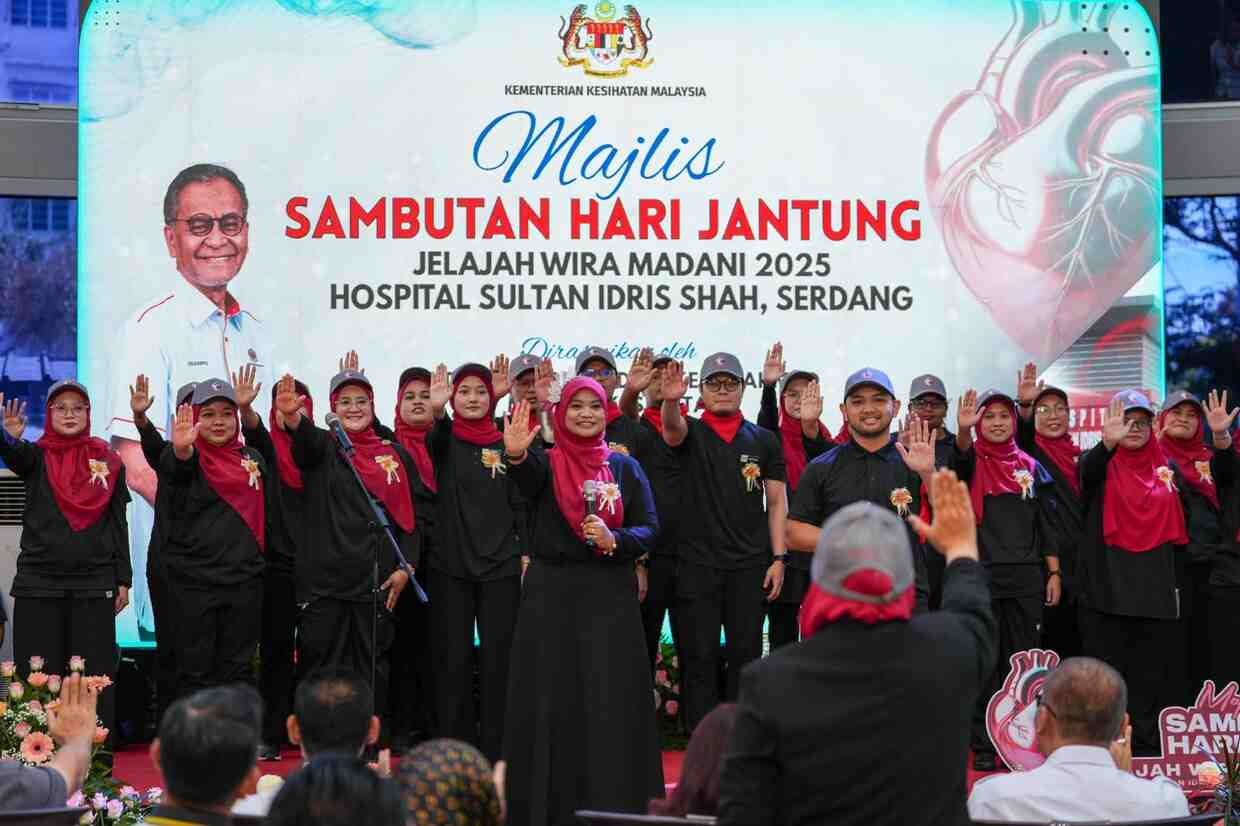A two-day public forum on “Empowering the Elderly” was recently organised by the Malaysian Healthy Ageing Society (MHAS) and Tena Incontinence Care Solution for the community of Kota Kinabalu at 1Borneo Hypermall.
The forum was an attempt to help participants gain a better understanding of the psychological and physiological aspects of aging.
Experts and professionals from the medical industry were invited to speak on topics such as the ageing brain, insomnia, depression, incontinence care and mobility for the elderly.
The sales manager of SCA Hygiene Marketing (M) Sdn Bhd in Sarawak, Tan Chee Kiang noted that the very interested crowd asked “lots of questions related to skills and knowledge required to care for the elderly. We really saw the sharing and learning interaction in this forum.”
Malaysia faces a serious challenge in caring for the elderly. In the past 40 years, the life expectancy for both women and men has increased by approximately 10 years. The number of elderly persons, defined as those over the age of 60, is rising.
There were one million elderly citizens in Malaysia in 1991; the figure is now 2.1 million, and is projected to rise to 3.4mil by 2020.
On the other hand, the national birthrate has been plummeting; from 36.1 percent in 1965 to 23.2 percent of the population in 2002.
These trends mean that a growing number of the elderly will have to be taken care of by fewer children or younger relatives in their old age.
The burden of care for the elderly will fall heavily on their working children in a time when more productivity is demanded at the workplace due to globalisation.
Therefore, it is inevitable that there will be increasing numbers that require hands-on care either at home with their loved ones or in professional residential healthcare centres. The role of the government in providing first-world public services for the elderly will be crucial, as the public cannot be compelled to pay profit-making private businesses for family care.
Caring for an elderly can be physically, emotionally and economically demanding. There is a dearth of resources on care-giving which are available to the general public.
The Malaysian Healthy Ageing Society recognises that there is a deep unmet need for knowledge and practical training for caregivers of the elderly.
MHAS has therefore, organised a series of training seminars and workshops geared towards fully equipping caregivers to meet the future demands of assisting the elderly cope with life.
Among the invited speakers at the talk were Dr Lim Poh Hin (counsultant neurologist), Dr Philip George (consultant psychiatrist), Dr Wong Teck Wee (consultant cardiologist), Thanam Selva (clinical hypnotherapist) and Leong Sik Wai (nutritionist).











